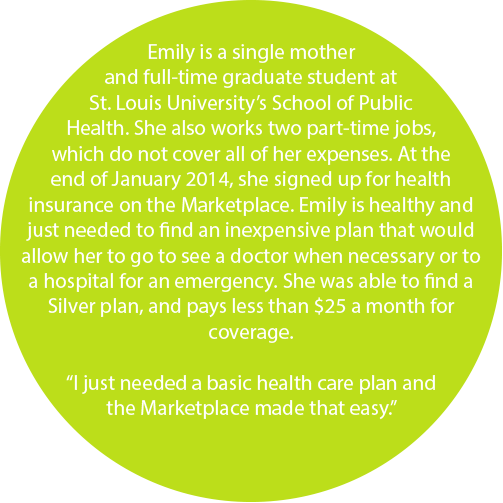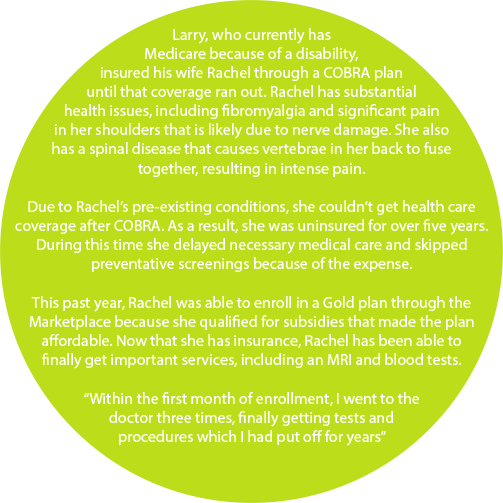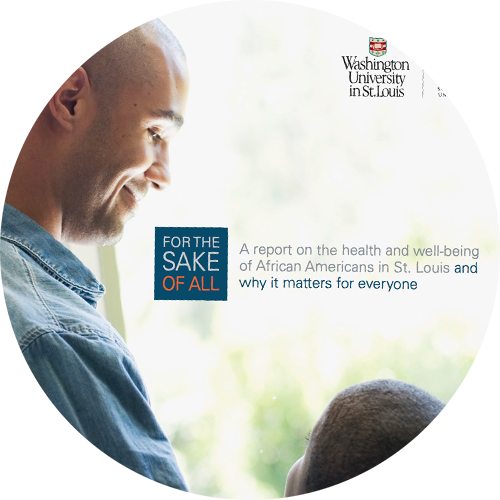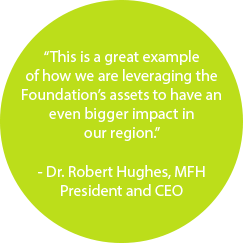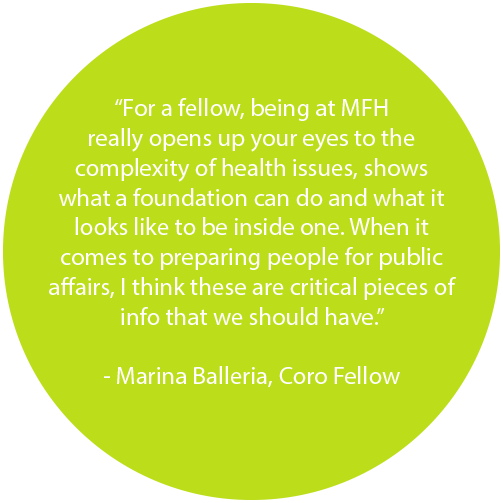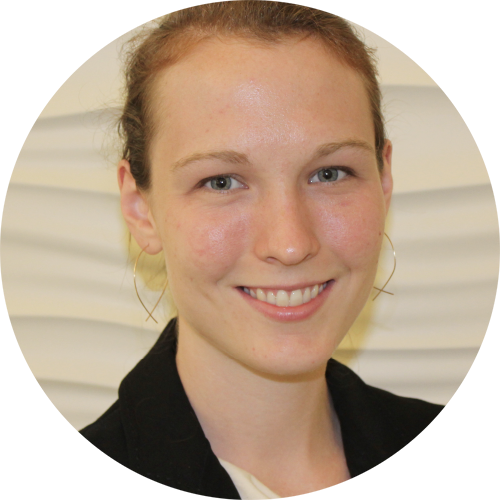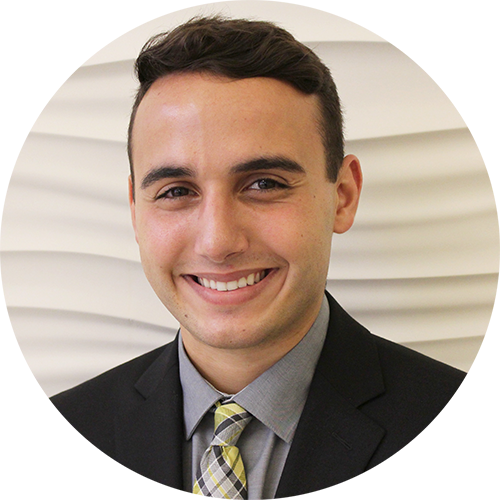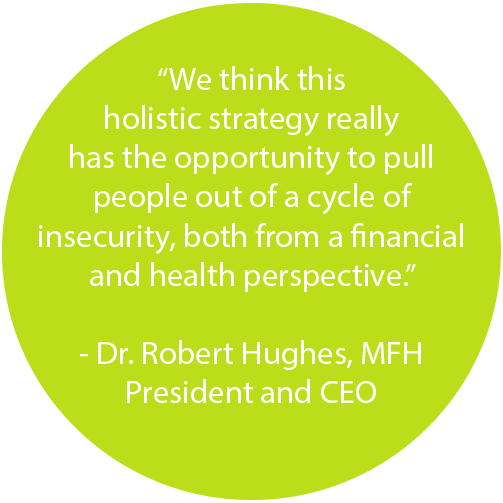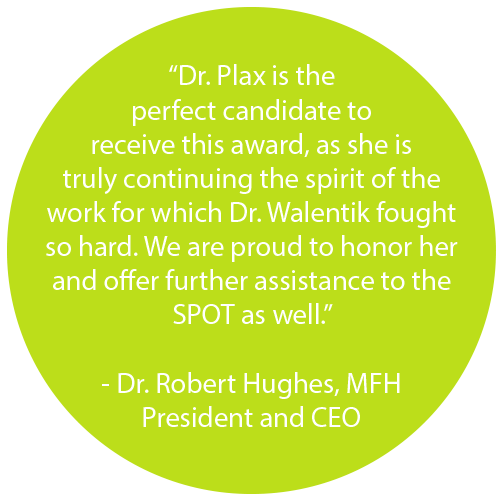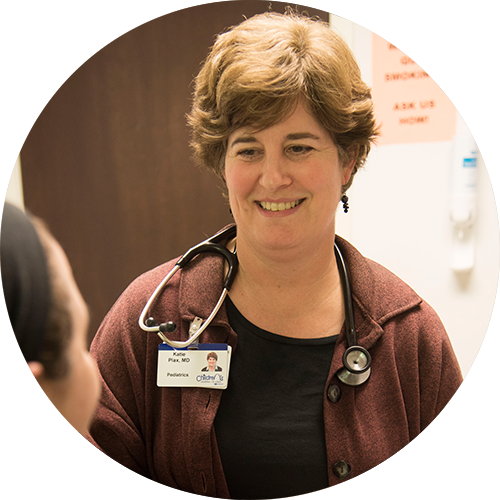Childhood Asthma Linkages in Missouri (CALM)
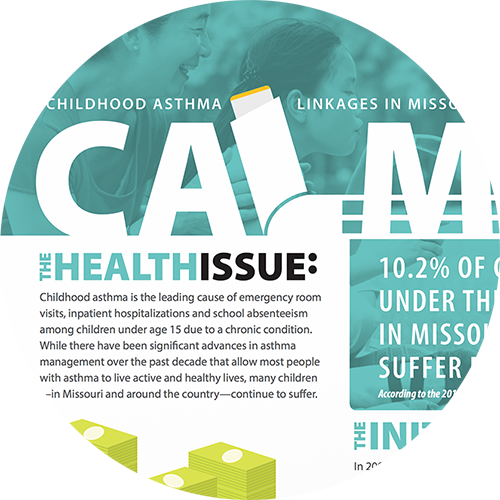
In Missouri, childhood asthma is the leading cause of emergency room visits, inpatient hospitalizations and school absenteeism among kids aged 15 years or younger. In 2007, Missouri Foundation for Health established CALM to demonstrate effective collaborations between schools, providers and community organizations, leading to evidence-based models and promising practices showing improved asthma care and health outcomes.
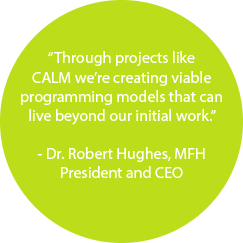
We partnered with 14 organizations throughout the state to integrate childhood asthma support into their daily operations. Funds went to collaborative and multifaceted program models led by community hospitals, school districts and university-affiliated health centers that utilize community-based approaches to build successful linkages among those responsible for asthma care in children.
Promising results from CALM include a 35 percent decrease in asthma-related school absenteeism. New policies that encourage communication between primary care providers, schools and parents, along with increased asthma education in schools are just a two of the many CALM-initiated changes that can be replicated elsewhere.
CALM was such a success that in 2014 grantees from the initiative helped the Missouri Asthma Prevention and Control Program garner a federal grant. A portion of those funds are going toward the creation of CALM2, a five-year statewide expansion of the CALM model.
Learn more by viewing our CALM infographic.

